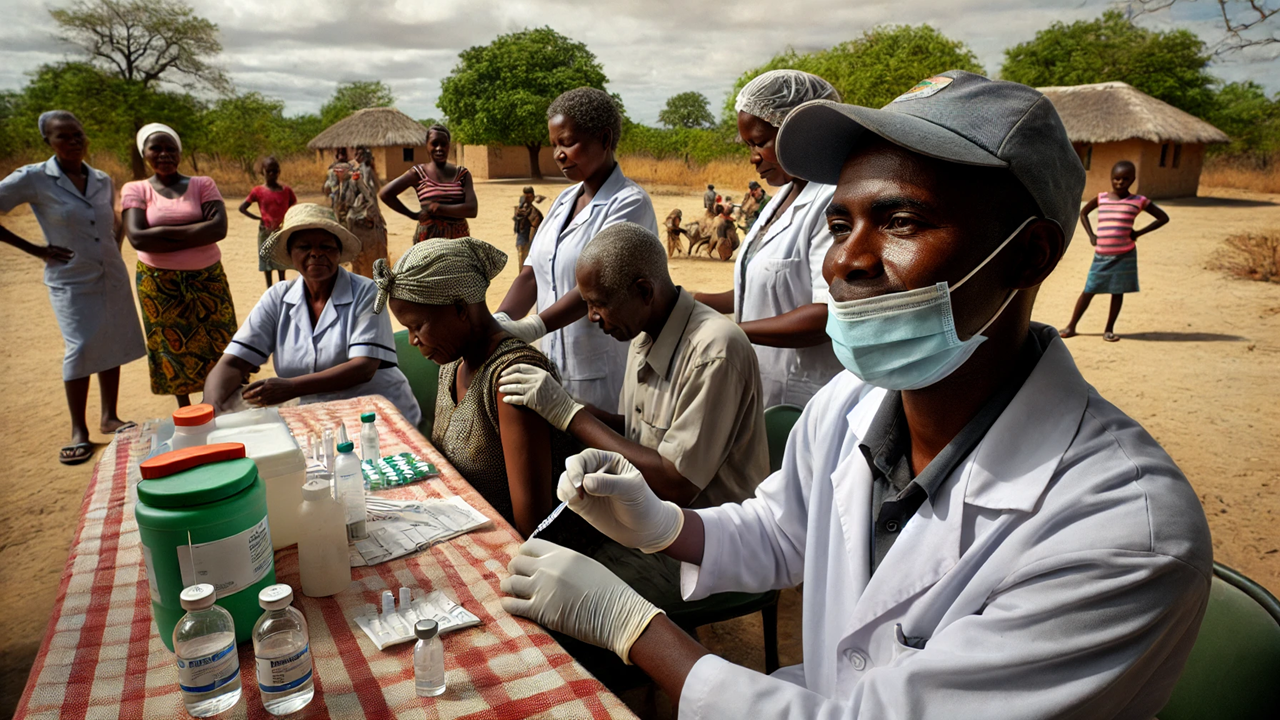WHO Director-General Dr. Tedros Adhanom Ghebreyesus and Regional Director Dr. Hanan Balkhy concluded a two-day mission to Port Sudan, where they reiterated the World Health Organization's commitment to providing aid to all Sudanese in need and urged the international community to take immediate action to end the ongoing health and humanitarian crisis in the country.
During their visit, Dr. Tedros and Dr. Balkhy met with key Sudanese leaders, including Lt. Gen. Abdul Fatah Al-Burhan, Chairman of Sudan’s Transitional Sovereignty Council, and Federal Minister of Health Dr. Haitham Mohamed Ibrahim Awadallah. They discussed the devastating consequences of the prolonged conflict and emphasized the need for unhindered humanitarian access to deliver life-saving assistance to all parts of the country.
“The international community has seemingly forgotten about Sudan,” said Dr. Tedros during a press conference in Port Sudan. “We are calling on the world to wake up and help Sudan out of the nightmare it is living through. We must not fail the people of Sudan.”
Sudan’s health system has been severely impacted by the conflict, with over 100 attacks on healthcare facilities during the 500 days of fighting. The exodus of health workers, combined with the destruction of medical infrastructure, has left millions of Sudanese without access to essential health services. Dr. Tedros and Dr. Balkhy visited a nutrition stabilization center supported by WHO, where they saw the effects of severe malnutrition, which affects 3.6 million children, including 730,000 suffering from acute malnutrition.
At an internally displaced persons camp, the WHO delegation witnessed the harsh conditions facing displaced residents, many of whom lack access to basic necessities like food, clean water, and medicine. This situation exposes them to heightened risks of disease outbreaks and gender-based violence, particularly among the estimated four million women and girls at risk.
Dr. Balkhy emphasized the need to respect healthcare facilities in line with international humanitarian law. "Sudan’s health infrastructure is in ruins," she said, stressing the importance of rebuilding health systems to ensure the country’s recovery.
Both Dr. Tedros and Dr. Balkhy highlighted the urgency for global action to advance peace and deliver humanitarian aid. WHO’s Sudan health crisis appeal currently faces a significant funding shortfall, with only 24% of the needed support secured.
“Our priority is to ensure that every Sudanese in need receives the assistance they require," said Dr. Tedros. "This will only be possible through sustained peace and investment in health infrastructure, alongside unimpeded humanitarian access."
With over 25 million people in need of aid, and 14.7 million requiring urgent life-saving assistance, WHO calls on the international community to act swiftly to address Sudan’s growing health and humanitarian crisis.











